
Super Data Science: ML & AI Podcast with Jon Krohn
Author: Jon Krohn
Subscribed: 12,931Played: 488,418Description
The latest machine learning, A.I., and data career topics from across both academia and industry are brought to you by host Dr. Jon Krohn on the Super Data Science Podcast. As the quantity of data on our planet doubles every couple of years and with this trend set to continue for decades to come, there's an unprecedented opportunity for you to make a meaningful impact in your lifetime. In conversation with the biggest names in the data science industry, Jon cuts through hype to fuel that professional impact.
Whether you're curious about getting started in a data career or you're a deep technical expert, whether you'd like to understand what A.I. is or you'd like to integrate more data-driven processes into your business, we have inspiring guests and lighthearted conversation for you to enjoy.
We cover tools, techniques, and implementation tricks across data collection, databases, analytics, predictive modeling, visualization, software engineering, real-world applications, commercialization, and entrepreneurship − everything you need to crush it with data science.






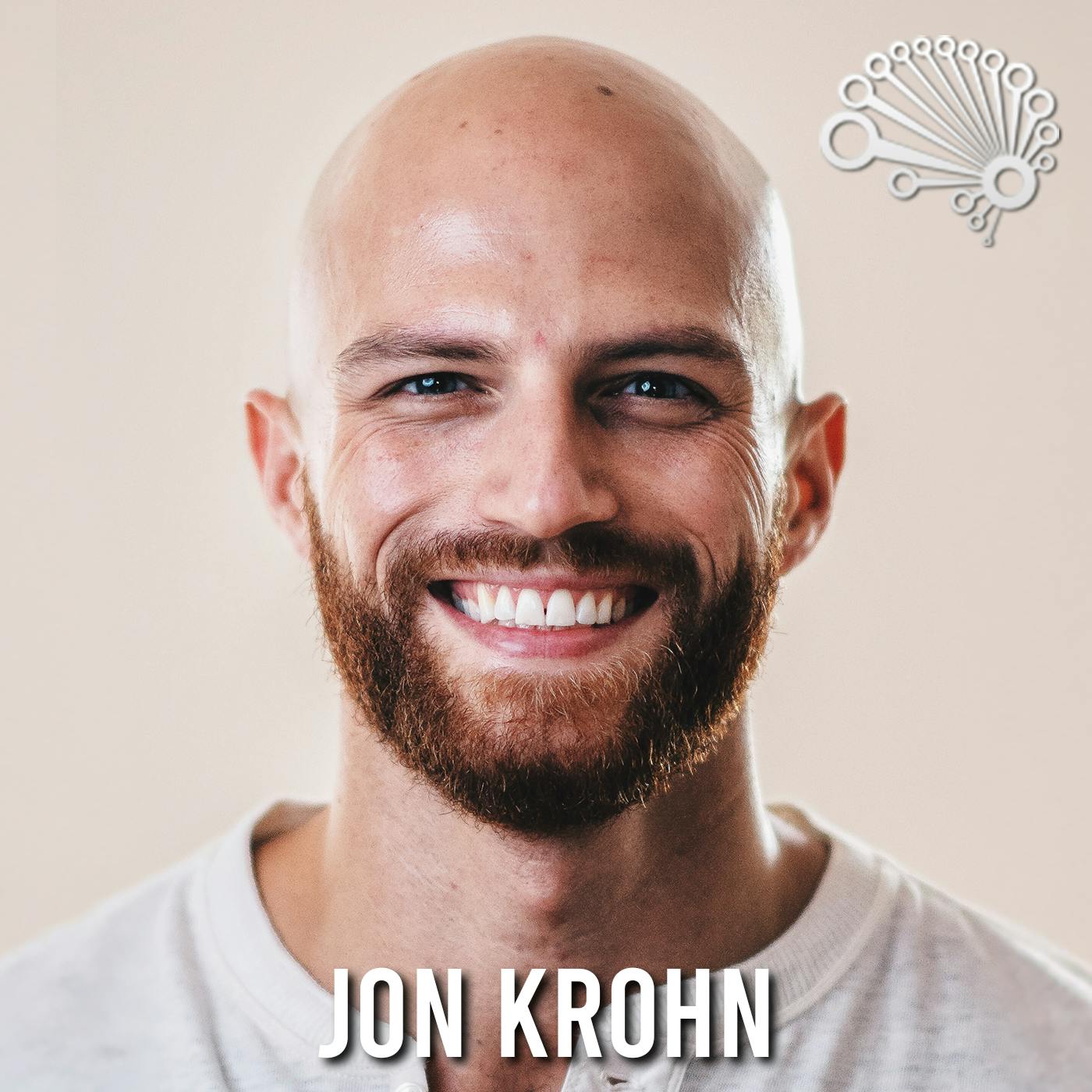




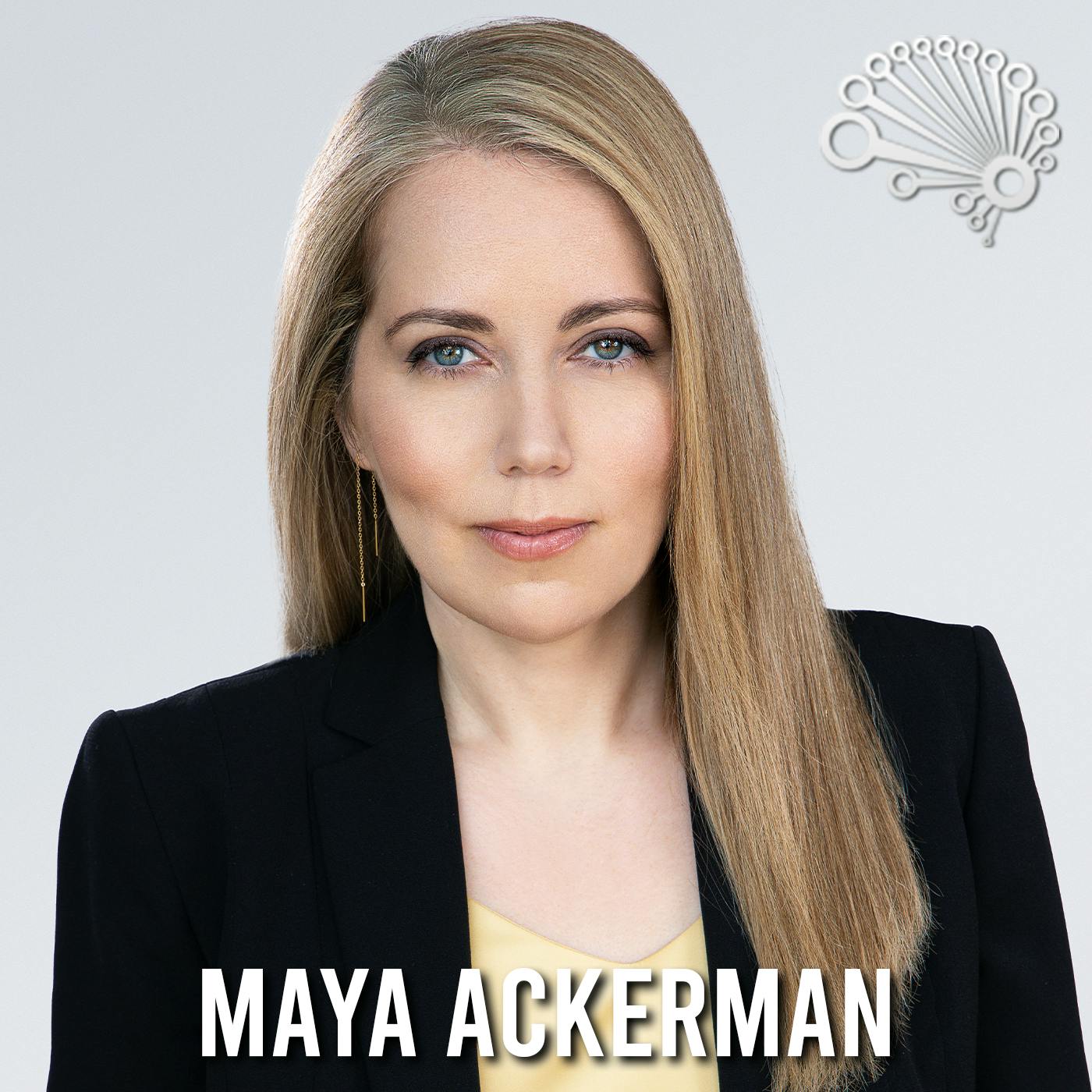

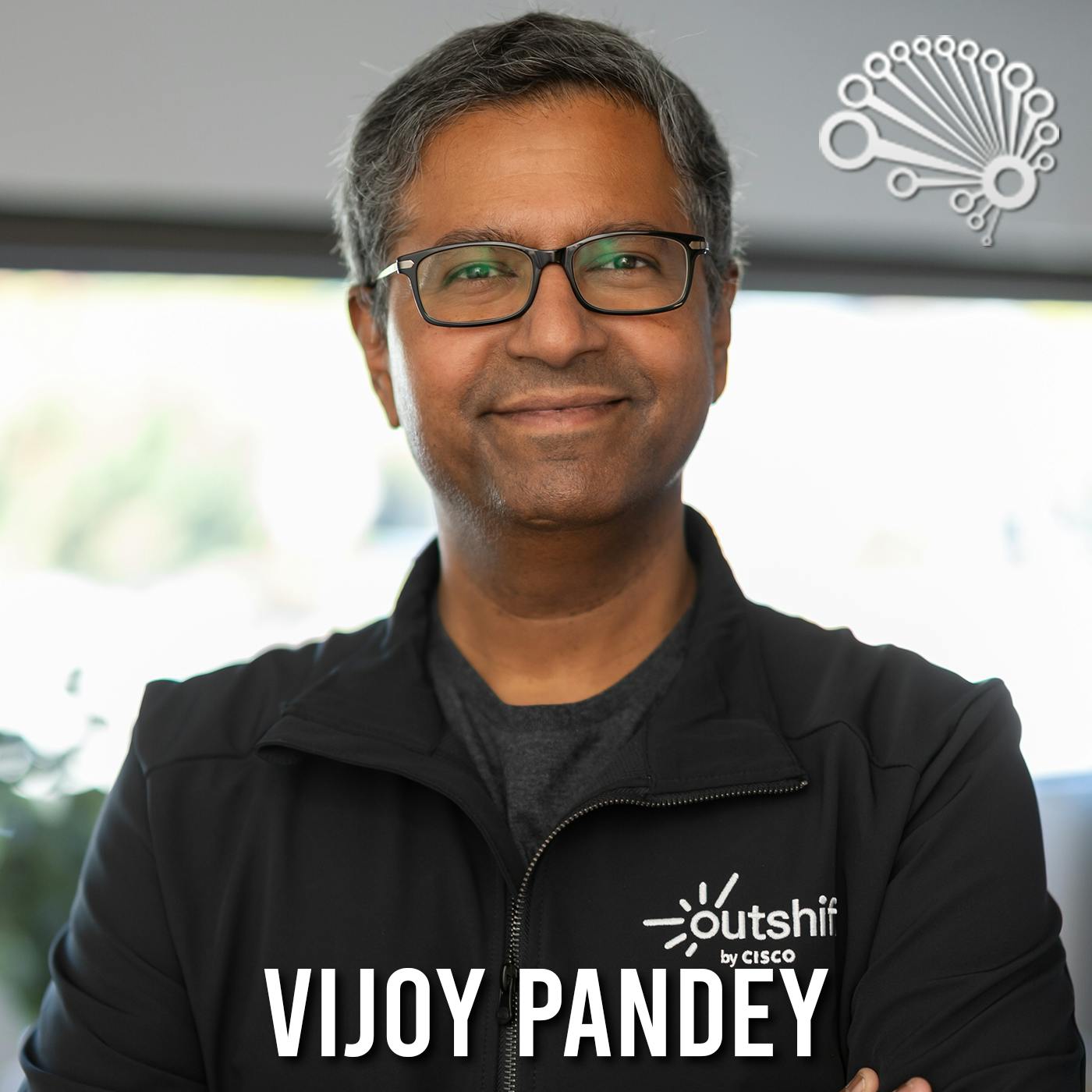

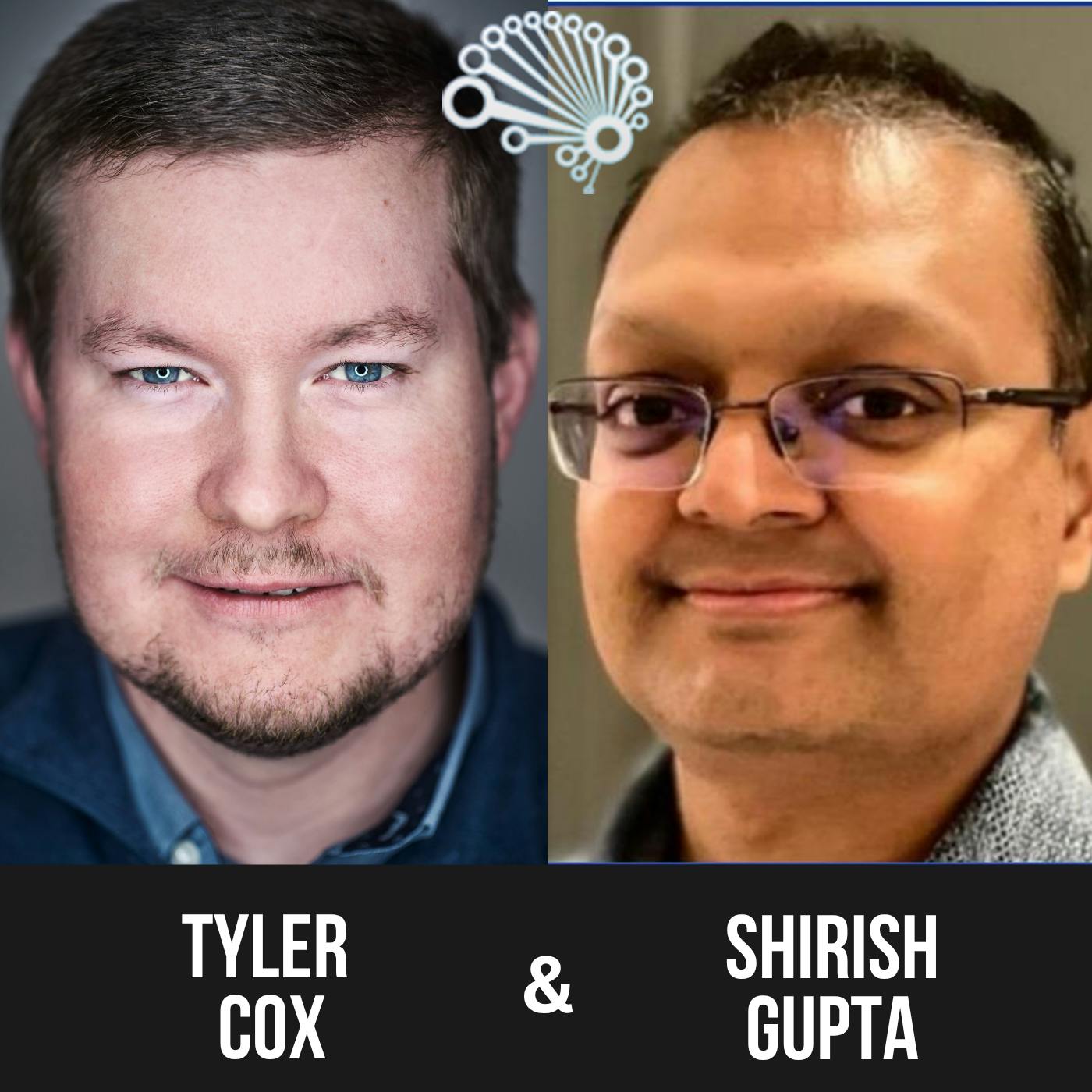
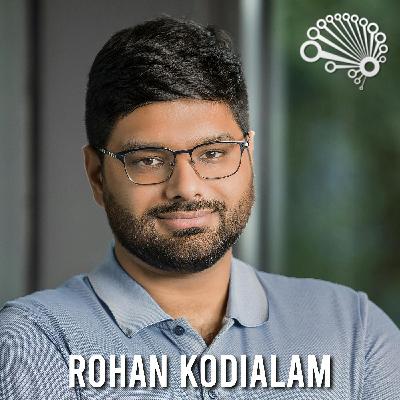




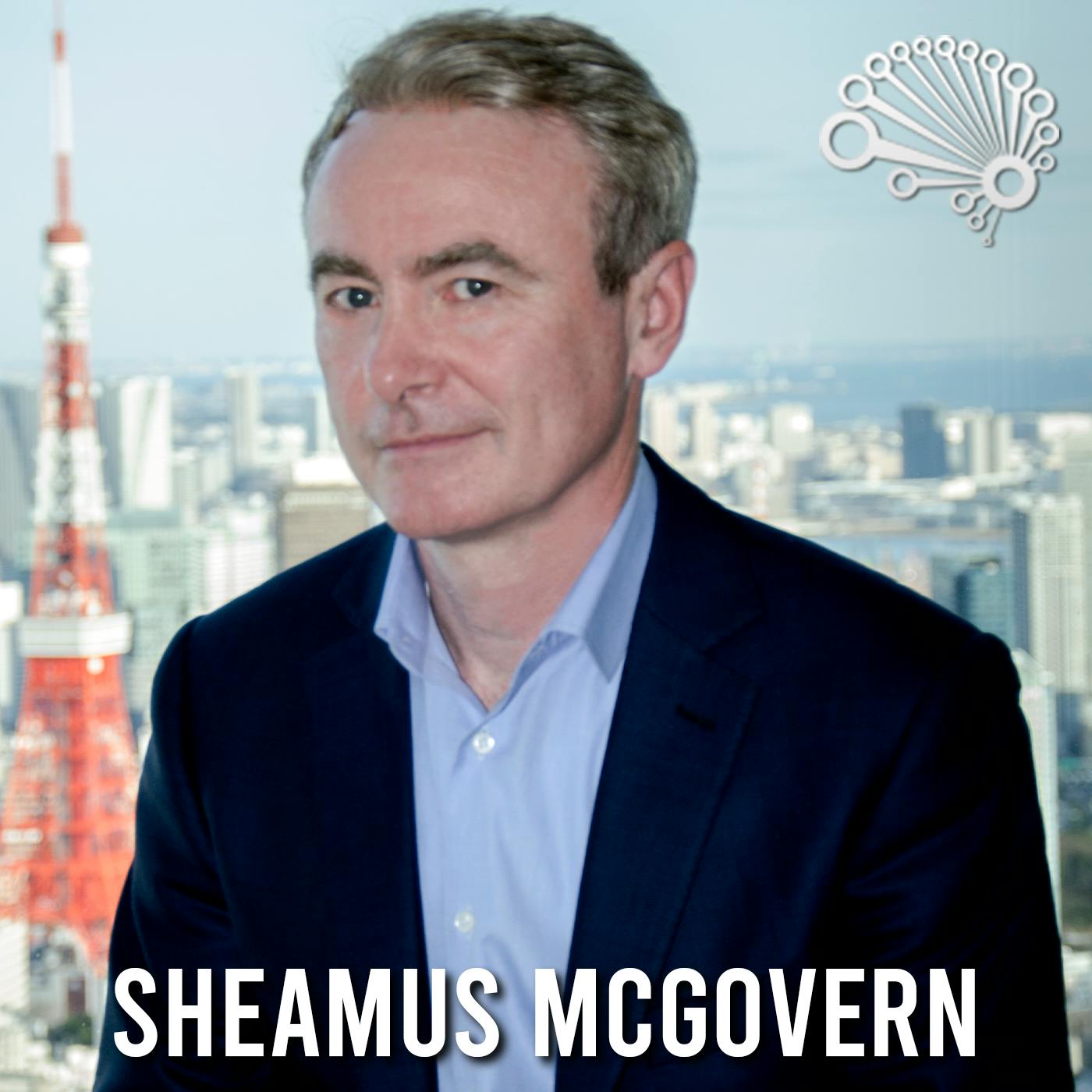



First time listening podcast and definitely will be in my daily list
12:06 recap begins
professional 💖
thank you for this episode.
🔴💚Really Amazing ️You Can Try This💚WATCH💚ᗪOᗯᑎᒪOᗩᗪ👉https://co.fastmovies.org
🔴WATCH>>ᗪOᗯᑎᒪOᗩᗪ>>👉https://co.fastmovies.org
I found this podcast really helpful for anyone who wants to better their knowledge of machine learning. I am especially interested in the data processing. If you want to deepen your knowledge of this topic, check this article https://techlogitic.net/categorization-and-data-labeling-for-supervised-machine-learning/. It has some pretty useful information and professional tips from experts in data annotation and tagging.
a really nice and quick overview with just the right amount of detail.
great thanks to you and your endeavors for this pod. I learnt a lot. welcome to Jon , wish you the best 👏👍
😢
you are the best
nice summarisation, Data Analyts looks at the past and data scientist looks at past and future
Great talk, very inspiring. thanks.
Sleeps 3 hrs a day, not a good example for healthy person. sleep well and keep the brain more refreshed and healthy. #health
a lot of extra, unrelated stuff. Dude I appreciate your effort but you need to be specific and respect audiences' time.
Eu não conhecia Gabriela de Queiroz mas agora ouvindo esse podcast (já ouvi umas 5x) estou completamente encantada. Muito legal descobrir esse nível de profissional pelo mundo e ainda saber que trata-se de uma brasileira.
Great job!👍 It's so interesting to listen your podcasts! thanks for sharing your knowledge and helping people to get into data business 🙌👍
Hi thanks for doing this podcast. Being a data engineer and who commutes a lot, I gain a lot from your podcasts. One suggestion that I would like to give is, it would be better if you do not interrupt the speaker until they complete their flow.
What amazing episode! Adrian rocks!! Congratulations!
Thanks for this advice !